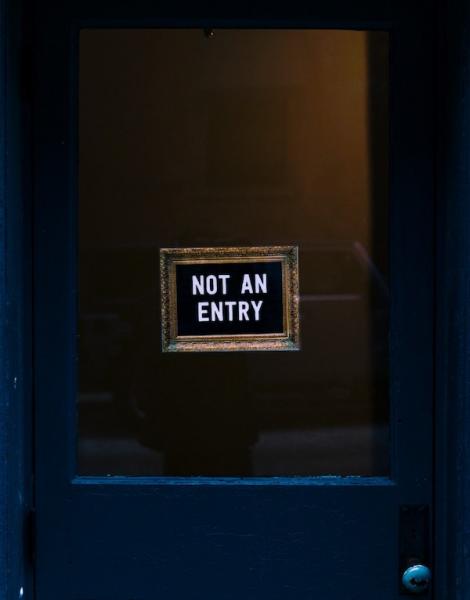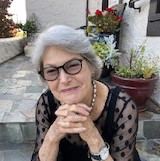
At the end of my second appointment with the head of hematology at the University of California, San Francisco, the doctor asked me how I was handling my diagnosis of chronic lymphocytic leukemia. I said I really didn’t think about it very much.
He laughed and said, “In your case, denial is probably a pretty good strategy.”
When my primary care doctor had first diagnosed my CLL, he said, “You have cancer but don’t worry about it.”
I responded, “I never thought I would hear cancer and don’t worry in the same sentence.” But I have mostly ignored my CLL, as it turns out.
CLL is age related. It mostly affects older people like me. I was diagnosed in my early 60s and have been treated for it only briefly in my early 70s. Otherwise I’ve been remarkably healthy. Infections may cause some problems — repair and healing take much longer than they used to, and of course, there is some normal aging in that. When I get a cold or something similar, the cold will last at least twice as long as a cold used to. This has been a very small price to pay and so I’m quite good at maintaining my denial.
But I was reminded this morning, listening to Laura Carstensen, founder of the Stanford Longevity Center, repeat what I hear so often in my Vital Aging Workshop: older adults think and say that we will be old in about 10 years, no matter how old we are. It doesn’t matter whether we are 67 or 81. If this isn’t denial, I don’t know what is.
We cannot combat the common misperceptions of aging if we ourselves are in denial about it. The pandemic has probably reinforced its stereotypes. What we see in the media are frail, old people lying sick in nursing home beds. We don’t see the 70 year old concert flautist, or the masters swimmer, or the author of 17 books about Baltic history. Carstensen says that there is more variability in the age group over 65, than any other age group. And yet, we are all old.
Our denial is dangerous. It is dangerous because it plays right into the hands of ageists. We are ageist ourselves about ourselves! It is dangerous because in our denial, we fail to acknowledge the physical, intellectual and emotional changes that are normal with age, and the need to better protect ourselves from disease by focusing on the basics: a mostly plant-based diet, plenty of sleep and exercise, and nurturing both our close and casual relationships. We fail to fight for government policies that encourage intergenerational interaction and better access and accommodation to public spaces.
In fact, we can’t be in denial about our age and take good care of ourselves at the same time. A recent flash point for me has been yoga. I started doing yoga in my fifties at the peak of my corporate career. I knew after a class or two that yoga helped me to be calm in the face of what my boss called an emergency. It helped me to build strength and balance, things I knew would be important as I got older. There were very few poses I couldn’t do and I found I had a certain natural ability and grace in yoga. I loved it. And I was reinforced by wonderful teachers.
I’ve struggled over these past two years — post hip replacement — but perhaps particularly during the pandemic, with my changing ability and stamina in yoga. I left a class in which I kept getting injured and one in which I believed the instructor was pressuring me to continue to try to do things I had no confidence that I could any longer do. I found a new teacher whose class spans students in their 20s to students in their 80s. That worked well until we were virtual. I cannot depend on the instructor to see what I’m not doing correctly or trying to do that I can’t. When she has 75 students on Zoom, how can she keep track of me? She can’t. I have a small, gentle yoga class with others who are all about my age. I feel relaxed in this class, but wonder if I could be challenging myself more. Last week I did two gentle yoga classes with the same instructor. I felt sufficiently challenged in her class, but also very safe. I was happy at the end of class instead of discouraged and tearful. I’d found my realistic place. I am no longer denying my limitations. I am enjoying what I can do and improving my balance — again.
Denial is not a river in Egypt, as the old saying goes. Denial can be helpful in certain cases — when you can’t do anything about the subject of your denial anyway, as is true of my cancer — but dangerous in so many other ways for older adults. We are supposed to be wise now, according to Jung. But we cannot be wise about ourselves and be in denial. Snap out of it, please.

Sara is an longtime OLLI member and frequent instructor who speaks about and facilitates workshops for older adults about vitality in the aging process. She posts regularly on medium.